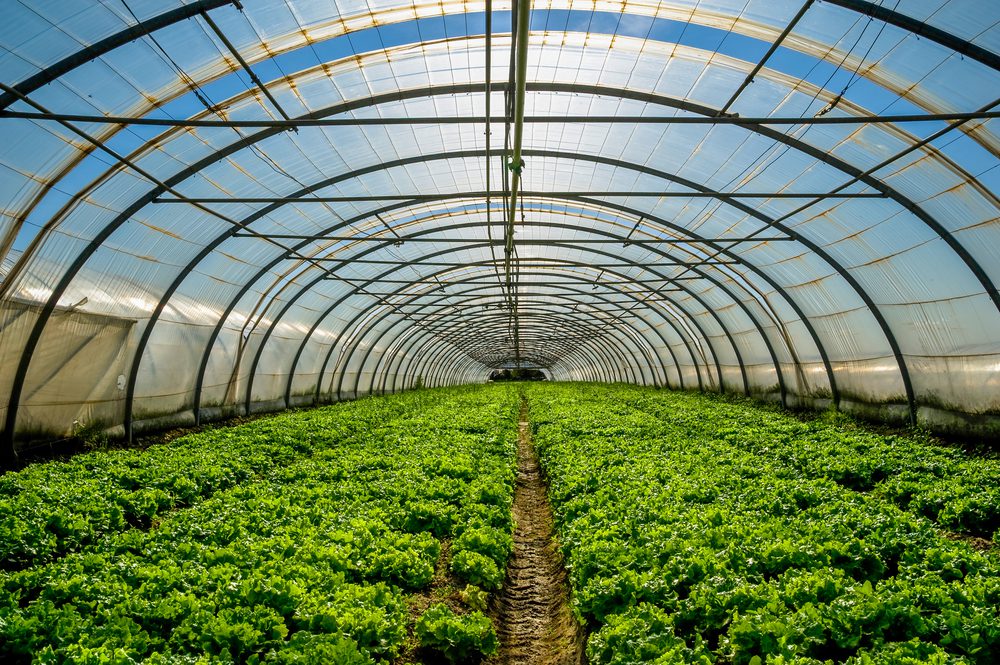A new report that examines best practice in the control of human pathogenic microorganisms in plant-production systems has been published.
The report emanated from a workshop, hosted by Teagasc, that united international researchers, regulators, growers and other stakeholders, to examine biological hazards and control strategies in plant-production systems.
A multidisciplinary group of international scientific experts, including researchers in food microbiology, plant microbiology, soil microbiology, microbial ecology, agricultural production, horticulture, microbial pathogenicity and virulence, risk assessment and food safety management also participated in the workshop.
The aim of this was to ensure the microbiological safety of horticultural products into the future, and the resulting report presents a number of recommendations, aimed at growers, regulators, advisors and scientists.
The workshop assessed the current European situation in relation to the safety of horticultural produce under three themes: protecting fresh produce from microbial pathogens; control strategies and sampling; and risk assessment and risk-based sampling.
Recommendations – growers
For growers, the report recommendations include reinforcement, through clear communication, on the need to prevent initial contamination of produce through the adoption of good microbiological safety practice, utilising on-farm risk assessments and a focus on avoiding initial contamination rather than a reliance on decontamination efforts.
Recommendations – regulators
Recommendations to regulators and advisors include balancing communication messages to growers, indicating what is required of them, but also equally, clearly explaining why it is necessary.
Additionally it was felt that additional supports and materials would be beneficial to growers in some countries, particularly smaller growers, to assist in the training of staff on the importance of biological safety practice, particularly in sectors where staff turnover may be high and differences in native languages spoken.
Recommendations – scientists
Finally, recommendations to scientists include a greater emphasis on knowledge transfer and also, where possible, to focus knowledge-transfer efforts into developing clear recommendations, which growers can implement.
The interaction between the plant microbiome, potential pathogens, environmental conditions and agricultural practices requires a greater level of attention and research to aid in predicting the risk of human pathogen establishment in plant production systems.
